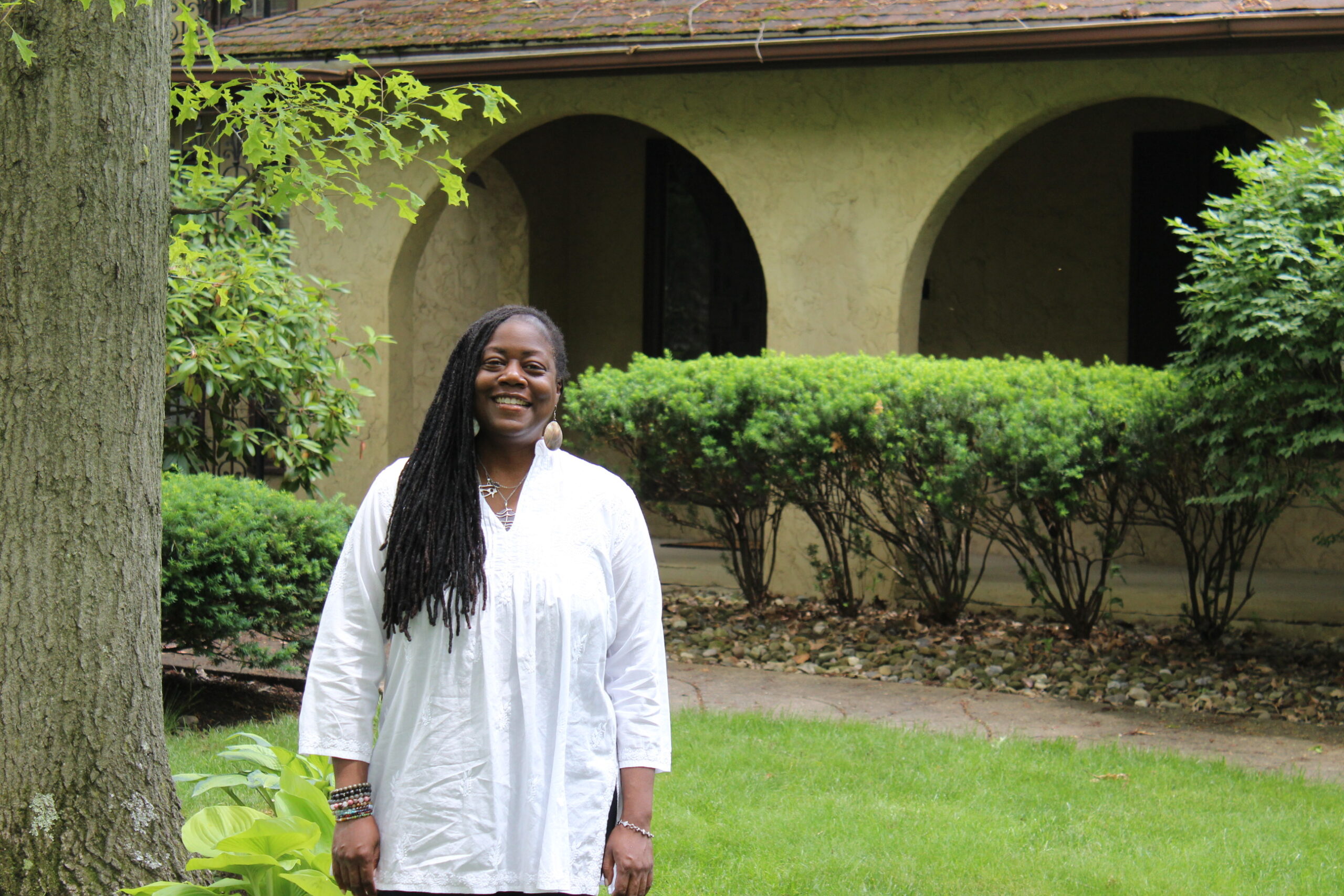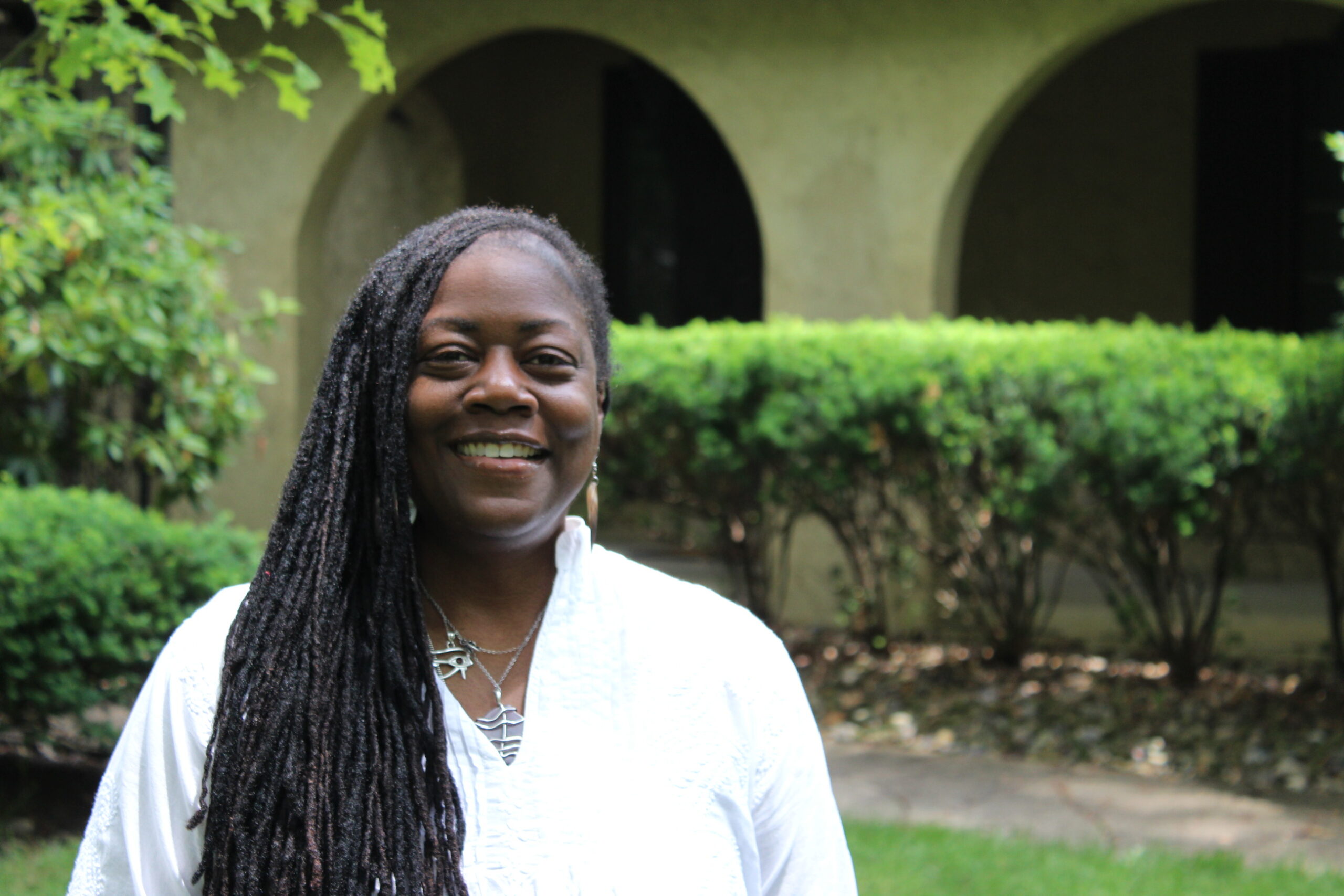Author: Josh Medore | Photo credit: Josh Medore
When she inherited her childhood home after her father passed away, turning it into a place for women to work their way through addiction recovery wasn’t at the top of Nicole Wesley’s mind. She had been working her way through medical school and wasn’t even sure if she’d return to the area. But through conversations with friends working in recovery as the extent of the opioid crisis was first becoming known, it became clear that a space for women and run by women was an important need.
“As I got started, I became more aware of the need in the community and I became more aware of the challenges women face – there are challenges with children, with domestic violence, with past trauma, with family dynamics and all those things that contribute to, and sometimes enable, addiction,” she says. “As I got more involved, I became more and more committed to doing the work that we do.”


Over the course of their stay at Nikki’s House – usually upward of a year – women aren’t just there to stay free from drug use. Programming at the house focuses on helping residents build new lives, from learning how to be social without drugs and alcohol to finding employment, housing and a car of their own.
“When I see woman come to my house with no clothes and no job – I see her grow,” Wesley says. “The people they are when they arrive and the people they leave as are complete opposites. I’ve seen these women turn into strong, supportive moms. I’ve seen them learn to navigate a new world. When I see those successes, that’s what keeps me going.”
It’s especially important, she continues, to have recovery housing that’s specifically focused on women. Many of the societal expectations placed on women to care for family members – especially children and elderly parents – continues even into recovery, Wesley observes. Without a support network of other women who understand those issues, recovery can stall as women look to deal with extra pressures.
“Even if the child or parent isn’t living here, we offer that environment of support that they need so that they can take care of their families,” Wesley says. “Sometimes, women need a safe haven because they’re dealing with domestic violence and abuse. And many times, they need to have the support of other women to thrive.”
Beyond just a safe space to work through recovery, Nikki’s House also provides residents with training for life skills, including financial planning, time management and interpersonal skills.
“Housing programs teach people life skills that are congruent to recovery. There are cases where people can’t socialize without drugs or alcohol because our society is one where drugs, especially alcohol, are a part of how we socialize. Learning to socialize in a society with alcohol without drinking alcohol is important,” she says.
Giving women a stable and supportive place to live, Wesley says, is often the first domino to fall in a chain reaction that sees many residents starting brand new lives for themselves. As an example, she points to a recent resident who was referred to Nikki’s House for recovery. She arrived, leaving an abusive relationship and with no personal possessions of her own.
“She went to intensive outpatient care, completed her aftercare program after that and while she was there, she looked for a job. She started working to pay off her fines and court fees. She eventually, after paying those fines, bought her own car. After that, she was able to start working more hours. Because of that, she was able to get an apartment in her own name,” Wesley recounts with a smile. “She’s also starting to have contact with her child and takes care of her child more than half the time; when she first came here, should couldn’t have any contact.”
In early 2022, Nikki’s House received a $25,000 grant from the Trumbull Memorial Health Foundation, a supporting organization of the Community Foundation, to cover operating costs and provide rent subsidies to cover the $500 per month cost of a stay.
“People often boil recovery down to ‘a place to live if you’re a drug addict.’ But it’s really a place where you help people build their self-esteem, where they have proper nutrition, where they have a place to sleep and have clothes,” Wesley says. “It can be as simple as giving someone the ability to use shampoo, when they may not have been able to afford it for months. The grant from the Trumbull Memorial Health Foundation lets us provide things that average people don’t think twice about but show these women that someone cares about them.”
